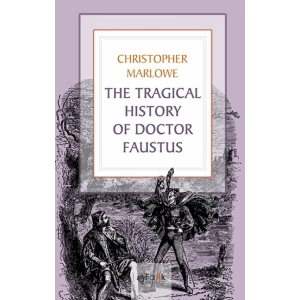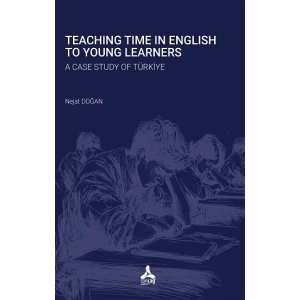With regard to this ideal, four things are especially noteworthy; first, that it took an exhaustive survey of mans nature and relations; second, that it called for strong, persistent, heroic effort; third, that it tended to sink the individual in the social whole and the universal order; fourth, that its aim was, on the whole, a static perfection. The first two were merits; the second two, demerits. The first merit prevented the Greeks from pursuing one-sided systems of education; the second, from trying to turn education into a means of amusement. Aristotle says distinctly, ldquo;Education ought certainly not to be turned into a means of amusement; for young people are not playing when they are learning, since all learning is accompanied with pain.rdquo; The first demerit was prejudicial to individual liberty, and therefore obstructive of the highest human development; the second encouraged Utopian dreams, which, being always of static conditions, undisturbed by the toils and throes essential to progress, tend to produce impatience of that slow advance whereby alone man arrives at enduring results. To this tendency we owe such works as Platos Republic and Xenophons Education of Cyrus.
























